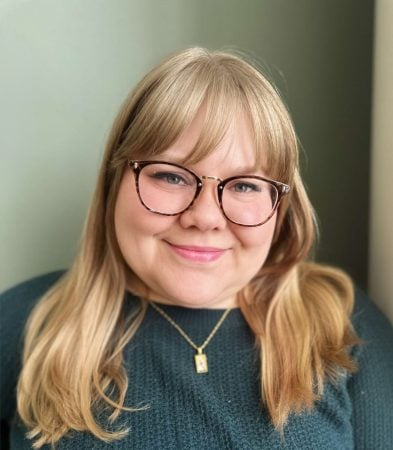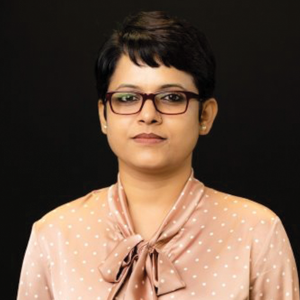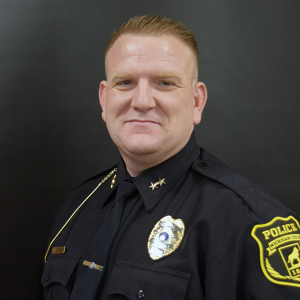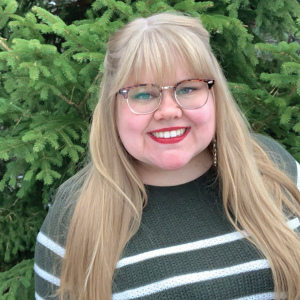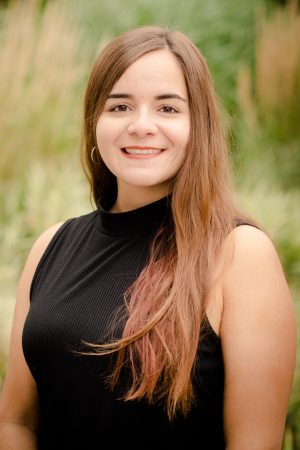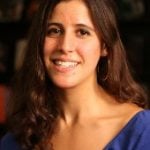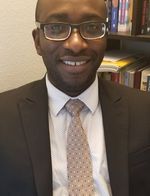A hearty congratulations to RTC PhD candidate Brilynn Janckila, who has been awarded a finishing fellowship for the summer of 2024!
Finishing fellowships are awarded by the graduate school to outstanding PhD students in their final semester. During that time, the student’s work is fully funded as they finish and defend their dissertation.
Brilynn’s research topics include girlhood studies, Barbie and Barbie media, feminist research methods, fan culture, writing studies, and writing program/writing center administration, usability and social justice in technical communication.
Great work, Brilynn!
